Health And Medicine
-
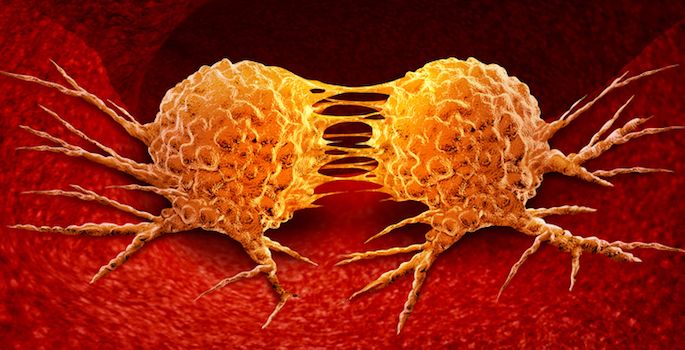
Personalized Structural Biology aids cancer treatment decisions
Cancer specialists at Vanderbilt University Medical Center, in partnership with biochemists and structural biologists across the Vanderbilt University campus, are taking “personalized” cancer therapy to a new level. Read MoreApr 8, 2021
-
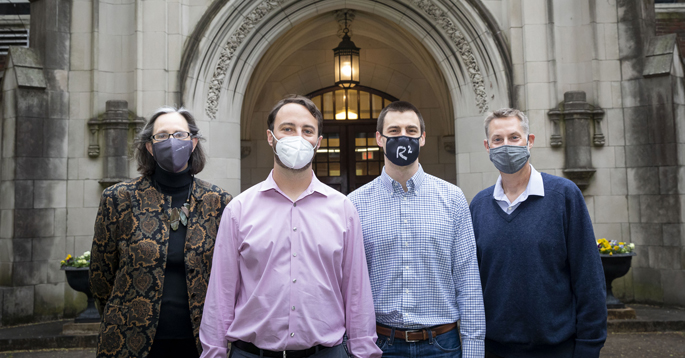
Study revises understanding of cancer metabolism
Tumors consume glucose at high rates, but a team of Vanderbilt researchers has discovered that cancer cells themselves are not the culprit, upending models of cancer metabolism that have been developed and refined over the last 100 years. Read MoreApr 7, 2021
-
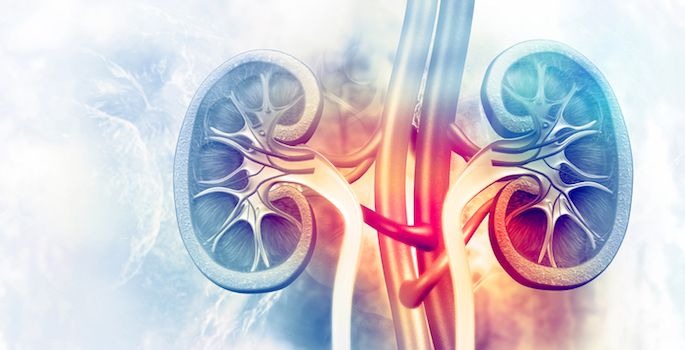
Genetic differences in Wilms tumor
Unique somatic gene mutations may contribute to racial disparities in the incidence of Wilms tumor — the most common childhood kidney cancer. Read MoreApr 6, 2021
-

Codeine metabolizer status in clinical practice
Vanderbilt researchers have developed a response score using genetic and clinical information to aid prescribing of the widely used pain medication codeine. Read MoreApr 5, 2021
-

COVID-19 met with intensive teamwork
Team members serving COVID-19 inpatients were more densely connected, interacting far more than their medical ICU counterparts. Read MoreApr 1, 2021
-

Novel way to neutralize Rift Valley Fever Virus
The discovery of monoclonal antibodies that neutralize Rift Valley Fever Virus — an emerging infection with pandemic potential — lays the foundation for future therapeutic antibody development. Read MoreApr 1, 2021
-

Study shows new COVID target could improve vaccines
Despite an impressive vaccination effort that exceeds 2 million shots a day, rates of COVID-19 are again on the rise in several parts of the United States, as is the spread of highly transmissible variants of the virus. Read MoreApr 1, 2021
-

Physician-scientists Aliyu, Tindle elected to ASCI
Vanderbilt’s Muktar Aliyu, MBBS, MPH, DrPH, and Hilary Tindle, MD, MPH, will be inducted this year into the American Society for Clinical Investigation (ASCI), an elite honor society of physician-scientists from the upper ranks of academic medicine and industry. Read MoreMar 31, 2021
-
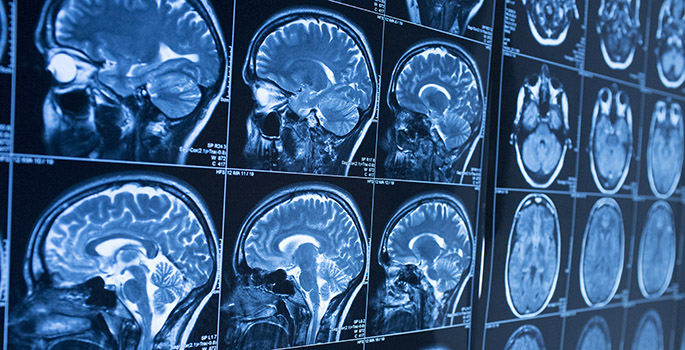
NYU’s Tsien to discuss brain plasticity at next Discovery Lecture
Richard Tsien, PhD, director of the Neuroscience Institute at NYU Langone Medical Center, will deliver the next web-based Discovery Lecture. Read MoreMar 29, 2021
-
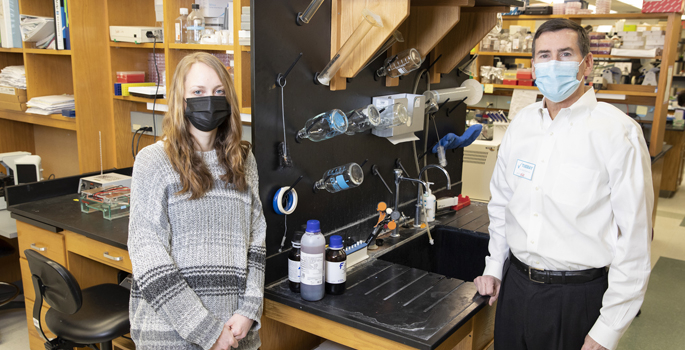
Team studies new use for pulmonary hypertension drug
An FDA-approved medication enhances the function of T regulatory cells (Treg), a class of immune cells that restrains the immune response, Vanderbilt investigators have discovered. Read MoreMar 25, 2021
-

Prostate cancer microenvironment
Distinct cancer-associated fibroblasts in the prostate tumor microenvironment may influence tumor progression and could point to new therapeutic targets. Read MoreMar 23, 2021
-

Chemo for cancer lowers dementia risk
Cancer chemotherapy lowered risk of Alzheimer’s disease and other neurocognitive disorders that disproportionately affect older people. Read MoreMar 22, 2021
-

Strength training for osteoarthritis
High-intensity strength training is not more effective than low-intensity training or educational efforts for reducing knee pain in patients with osteoarthritis. Read MoreMar 18, 2021
-
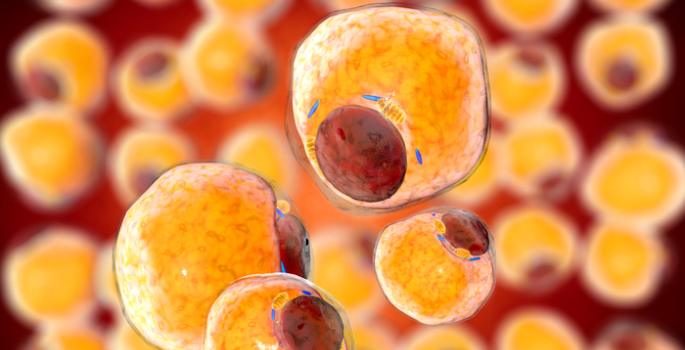
HIV, diabetes and immune cells in fat
In HIV-positive individuals with diabetes, immune cells in fat are more proinflammatory and cytotoxic and may represent a therapeutic target for diabetes. Read MoreMar 18, 2021
-

Study to assess allergic reactions to COVID vaccines
Vanderbilt University Medical Center is recruiting volunteers for a randomized controlled phase 2 clinical trial to help determine the prevalence of systemic allergic reactions (SARS) to the two-dose COVID-19 mRNA vaccines made by Pfizer-BioNTech and Moderna. Read MoreMar 18, 2021
-
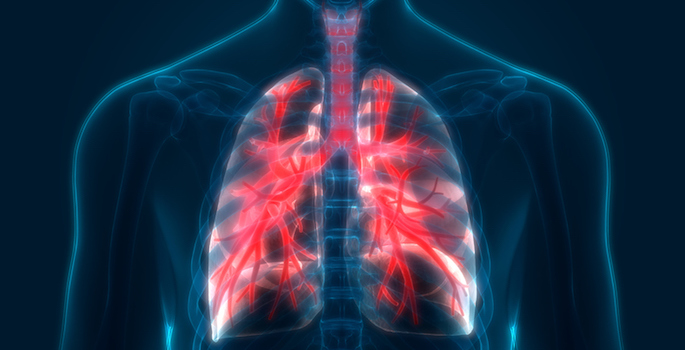
Vanderbilt research played key role in new lung screen guidelines
The U.S. Preventive Services Task Force (USPSTF) has formally recommended two changes that will nearly double the number of people eligible for lung cancer screening by lowering the age from 55 to 50 and reducing the number of smoking history pack years from 30 to 20. Read MoreMar 18, 2021
-

Artificial intelligence calculates suicide attempt risk at VUMC
A machine learning algorithm that predicts suicide attempt recently underwent a prospective trial at the institution where it was developed, Vanderbilt University Medical Center. Read MoreMar 15, 2021
-

Electronic health record study discovers novel hormone deficiency
A novel hormone deficiency may exist in humans, Vanderbilt investigators have discovered. In an analysis of two decades worth of electronic health records, the researchers found that some patients have unexpectedly low levels of natriuretic peptide hormone in clinical situations that should cause high levels of the hormone. Read MoreMar 11, 2021
-

Survey identifies factors in reducing clinical research coordinator turnover
Strong, collaborative relationships with principal investigators are a key factor of longevity in clinical research coordinator positions — an essential, but increasingly transient job in executing treatment-advancing clinical trials, Vanderbilt University Medical Center researchers found. Read MoreMar 8, 2021
-

Temperature, newts, and a skin-eating fungus
The emergence of pathogenic skin fungi that cause the disease chytridiomycosis is contributing to the global loss of amphibian populations. Read MoreMar 8, 2021